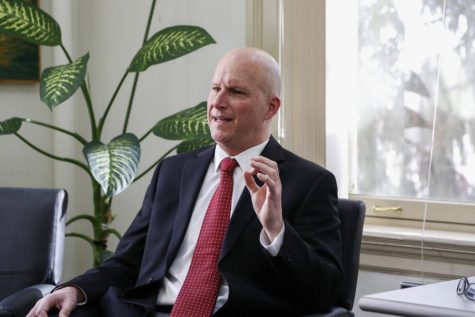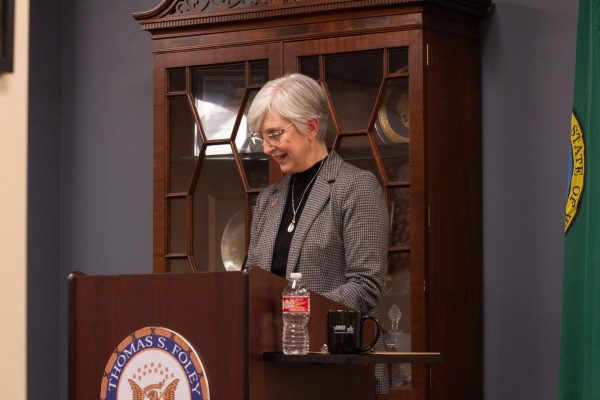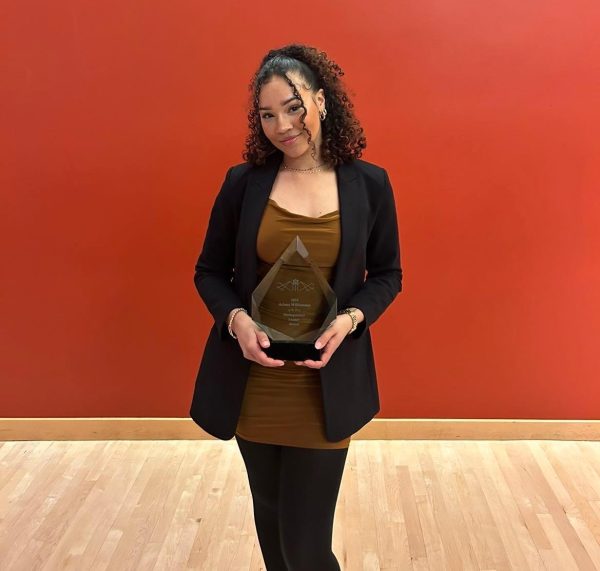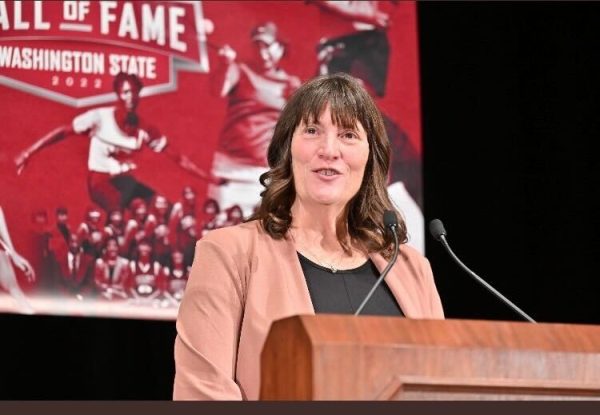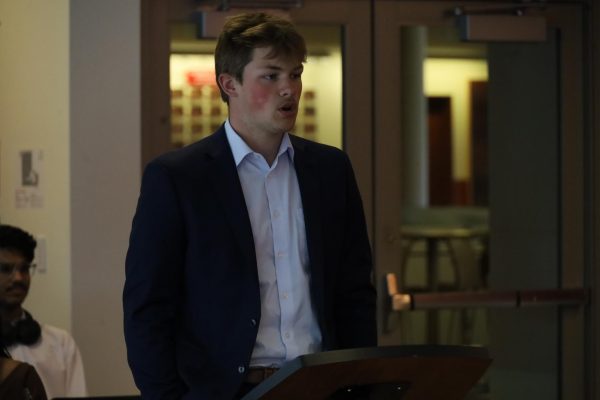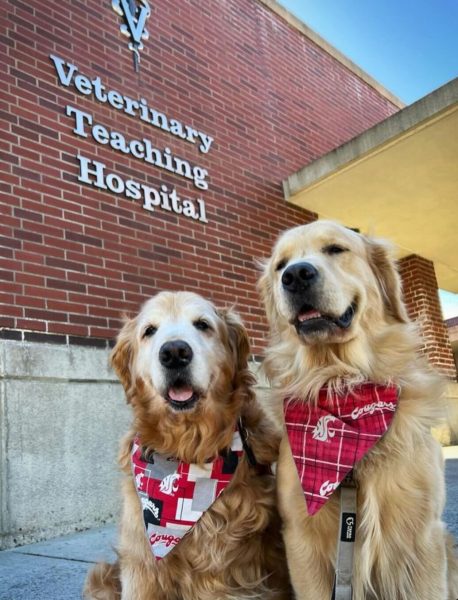Coalition supports undocumented students’ schooling
December 6, 2013
The Washington State Educational Access Coalition for House Bill 1079 students is looking to set an example by supporting non-U.S. students seeking a post-secondary education, said Marcela Pattinson, the coordinator of the Coalition.
The coalition is jointly run by students and faculty and exists to educate on the issues surrounding undocumented students.
In 2003, then-Governor Gary Locke signed HB 1079 into law, which effectively allowed undocumented students to pay in-state tuitions fees to attend higher education institutions.
However, this does not mean these students can apply for government financial aid, and because of their legal status undocumented students must pay for their education on their own.
Washington state has the 11th largest undocumented population in the United States and is estimated to house between 34,000 and 42,500 undocumented individuals under the age of 18. Washington was also one of the first states to enact such a law, according to Improving Higher Education Opportunities for Undocumented Students, a resource guide compiled by the Coalition for HB 1079 Students.
There is no national legislature similar to HB 1079 to help undocumented students, said Joaquin Chapar, a retention counselor with the Office of Multicultural Student Services and member of the Coalition for HB 1079 Students.
College Spark Washington, a nonprofit foundation that wanted research about a legislative change, offered WSU a grant and the coalition was established, Pattinson said.
The primary goals of the coalition are to inform and educate families, especially parents, and to dissolve mental preconceptions that students without legal documentation cannot attend a college or university.
“There is a lack of information… and misinformation is the biggest problem,” Pattinson said. “I don’t know what’s going to happen if there isn’t enough information released to parents.”
The coalition also offers workshops and training sessions, which teach faculty, staff and anyone interested the specifics of HB 1079. The leaders teach what the legislation entails, and how it affects WSU and the lives of undocumented students.
“We want to continue to create a conscience of learning for these students – regardless of politics and personal feelings,” she said.
As an individual of Hispanic origin, freshman Mariany Morales said she believed she should get involved with the Coalition.
“It is upsetting to see so many at a disadvantage. It’s not fair that they should struggle. They’re just as American as anyone else,” Morales said.
Morales is a new member of the Coalition, but she said she thinks it is important for undocumented students to receive the support that they deserve.
The groupis currently collecting numbers through a variety of surveys that will help the goals, Chapar said.
The main purpose for the surveys is to determine how many HB 1079 students at WSU are aware of the coalition and the services WSU provides. The surveys are only open to HB 1079 students and faculty at the moment.
Various universities across Washington, including western, central and eastern, have all sought information regarding the workings of the organization in order to establish similar organizations on their own campuses, Pattinson said.
In addition to the coalition, WSU also provides a variety of other services that cater to the needs of undocumented students, such as Multicultural Student Services, Student Support Services and Smart Start.
On a larger scale, other legislative enactments are in place to support the undocumented student, such as the DREAM Act and Deferred Action for Childhood Arrivals (DACA).








